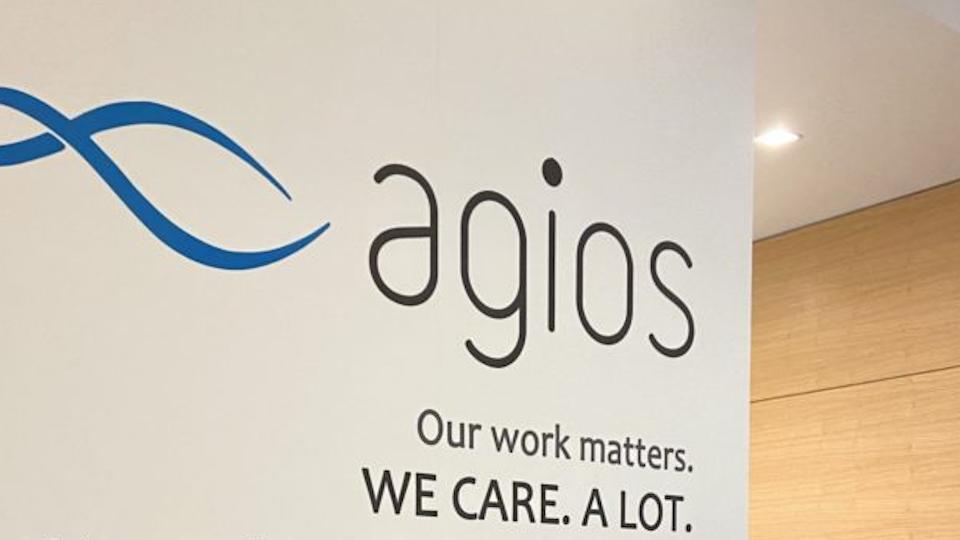UK first to approve Vertex, CRISPR drug for blood disorders

The first-ever CRISPR-based gene-editing therapy has been approved for marketing in the UK for inherited blood disorders sickle cell disease (SCD) and transfusion-dependent beta thalassaemia (TDT), signposting a new era of personalised treatment for patients.
The Medicines and Healthcare products Regulatory Agency (MHRA) cleared Vertex Pharma and CRISPR Therapeutics' Casgevy (exagamglogene autotemcel or exa-cel) in Great Britain as a one-shot therapy that involves harvesting bone marrow stem cells from patients and using CRISPR to modify them outside the body (ex vivo) before reinfusing them to treat the diseases.
The aim of the treatment is to modify the cells to make foetal haemoglobin (HbF), which can serve as a substitute for the defective haemoglobin produced in people with SCD and TDT. Switching to HbF can reduce or eliminate painful and debilitating vaso-occlusive crises (VOCs) in SCD, as well as the need for blood transfusions in patients with TDT.
Casgevy is the first drug to be licensed based on CRISPR, a gene-editing technique for which its discoverers won a Nobel Prize in 2020. It has also been submitted for approval in the US and EU, with decisions expected shortly.
The therapy has been cleared by the MHRA for SCD patients aged 12 and over who suffer recurrent VOCs and have a genotype that makes them suitable for treatment, as well as for TDT patients in the same age range.
In trials, Casgevy met its primary objectives of improving the proportion of patients who were free from severe VOCs or transfusion-independent for at least 12 consecutive months.
For both indications, patients have to be fit and healthy enough to undergo the haematopoietic stem cell transplant (HSCT) procedure that allows the modified cells to repopulate the immune system and have no HLA-matched bone marrow donors available, said the MHRA.
Vertex and CRISPR reckon there are around 2,000 patients in the UK eligible for Casgevy.
“Both sickle cell disease and beta thalassemia are painful, life-long conditions that in some cases can be fatal,” said Juian Beach, interim executive director of healthcare equality and access at the MHRA.
“To date, a bone marrow transplant – which must come from a closely matched donor and carries a risk of rejection – has been the only permanent treatment option,” he added.
Availability will depend on an appraisal of the therapy’s cost-effectiveness, and Casgevy's price is expected to be upwards of a million pounds, in the same ballpark as other one-shot cell and gene therapies (CGTs). Its developers have not yet divulged how much they intend to charge for the therapy.
Early this year, the Institute for Clinical and Economic Review (ICER) in the US said the drug would be cost-effective within the American healthcare system if it was priced at no more than $2.05 million (around £1.5 million), although the price of CGTs has tended to be lower in Europe.
Vertex and CRISPR have brought Casgevy to regulatory approval ahead of their closest rival bluebird bio, whose lovotibeglogene autotemcel (lovo-cel) has been filed for approval in the US as a treatment for SCD, with a decision due in December.
bluebird – which already sells a gene therapy for thalassaemia called Zynteglo (betibeglogene autotemcel) in the US – pulled out of the European market altogether in 2021, saying it was impossible to build a sustainable business for CGTs, due to pricing and reimbursement constraints.













